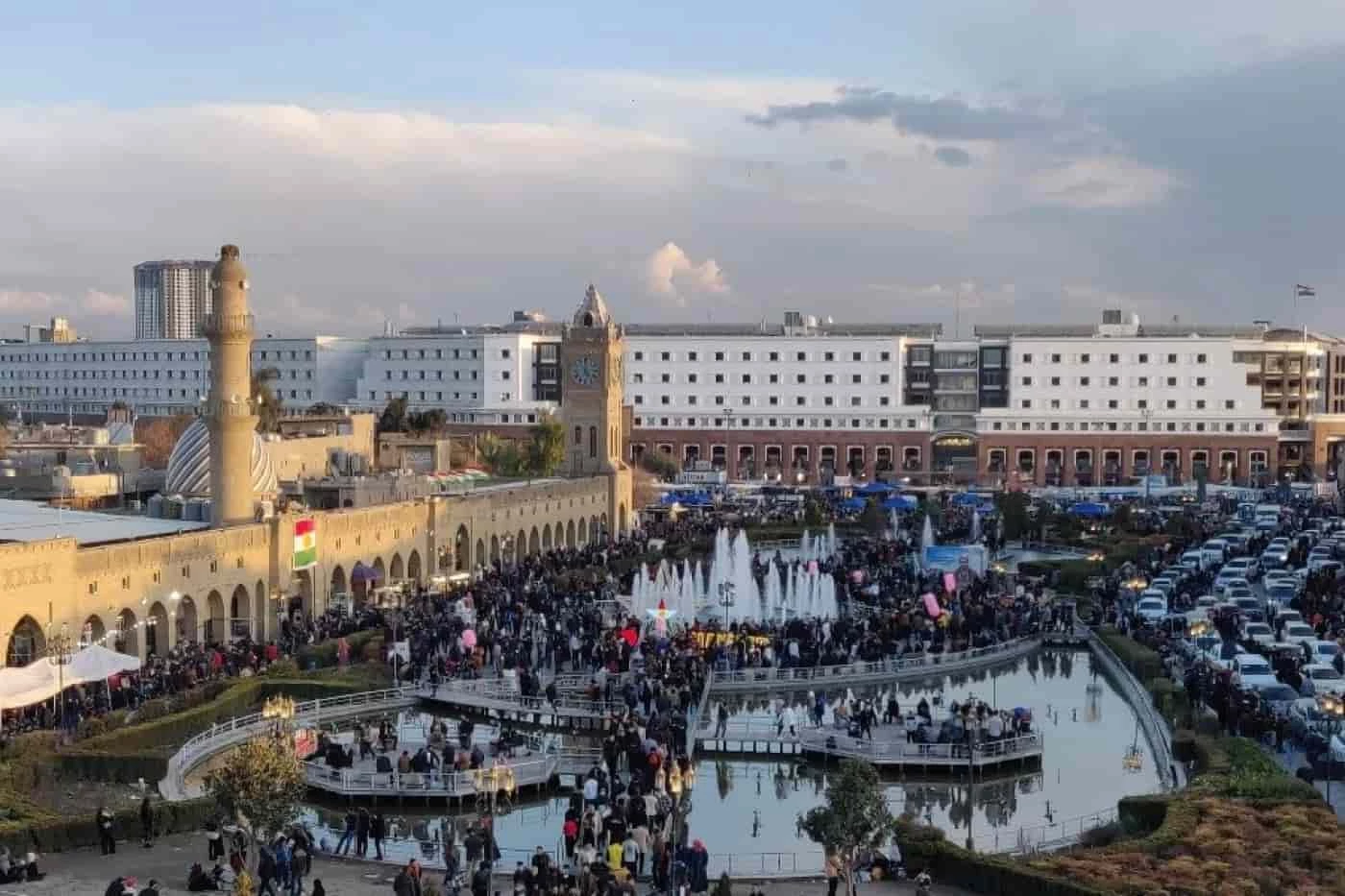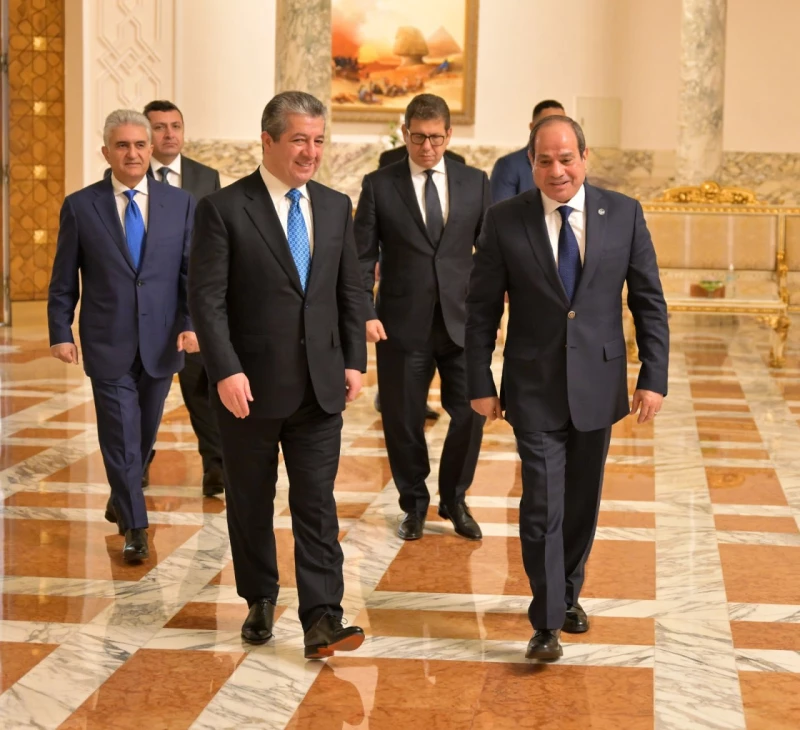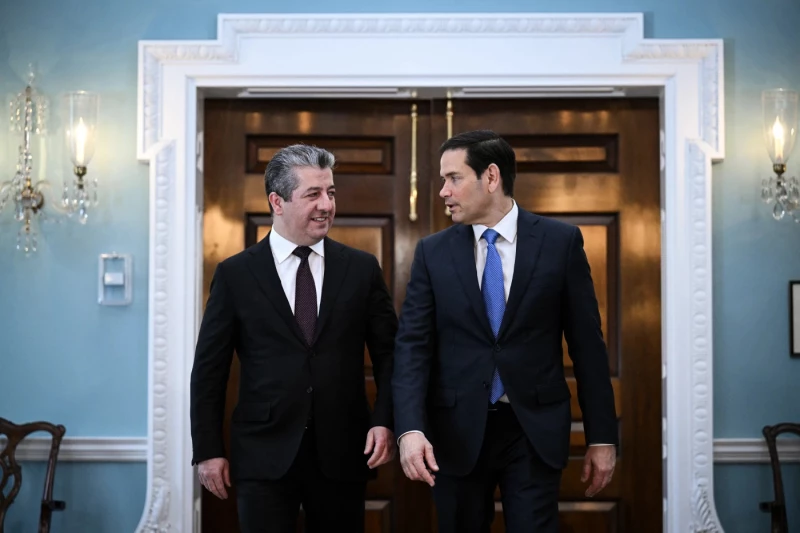The Kurdistan Region of Iraq is dependent on revenue sharing with the central government in Baghdad. Since the fall of Saddam Hussein and the introduction of a new federal constitution, Baghdad has been obligated to share a portion of the federal budget with Erbil. The amount agreed on, and the amount sent has been a point of contention since the start. The cause of contention between Baghdad and Erbil has varied over the years, yet for the most part; it lies between the two as much based on the difference in dealing with the international community as it does in anything else. Kurdistan’s view on business is more reflective of Western models, while Baghdad continues to attempt to operate on the failed central economy models of the past. The different philosophies have resulted in the Kurdistan Region being more stable, resulting in greater economic development and foreign investment.
The question is now whether or not the Kurds can exist on their own. The short answer is, under the current system, no. With the current agreement between Erbil and Baghdad, where the federal government reallocates funds to the Kurdish Region from a central reserve, the KRG is at the mercy of Baghdad. One area of great importance is the salaries paid to public employees which under the constitution and several agreements should come from Baghdad. Through the end of 2024, according to the KRG Ministry of Finance and Economy, the federal government has not transferred the agreed amount. The KRG therefore, must dip into its own reserves to make payments. When the federal government fails to meet its obligations, the deficit becomes unsustainable for the KRG. From January to October 2024, the KRG has been compelled to allocate approximately 960,000,000,000 Iraqi dinars from its internal revenues to address the recurring monthly salary fund deficit caused by the Federal Ministry of Finance’s repeated actions. Meetings between Erbil and Baghdad have resulted in agreements that the budget shortfalls reported by Erbil are accurate. Baghdad has done nothing to rectify the situation.
All of this being true, the KRG must look to other areas to increase revenues. Currently, most of the revenues generated in the Kurdish Region come from oil and gas exports. Some years ago, the KRG controlled all oil exports and made deals with foreign oil companies to come to the Region and set up shop. At this time, the revenues generated were enough to sustain all internal needs. Baghdad then decided that only the federal government could control the hydrocarbon industries in the country. The initial base contract presented to foreign companies by the KRG placed all risk on the companies at the beginning of exploration. Following a find the KRG would accept certain risks in exchange for profit sharing. The federal government’s contract left all risk with the drilling company and took an outsized portion of the generated revenue. This made the KRG more enticing and brought in foreign dollars. The sharing law put in place dealt a major blow to the KRG requiring an outsize share of Kurdish oil exports to be sent to Baghdad. This has left the KRG in constant deficit.
Oil is not the only export from the Region. The Kurdish Region has always been the breadbasket of Iraq and continues to fulfill that role. It is also more politically stable than the rest of Iraq which makes it attractive to Western investors and has led to a higher level of development. While the Kurdish Region is richer than the rest of Iraq, the federal government’s actions have led to an economic upheaval. For Kurdistan to stand on its own it must become economically independent of Baghdad. This of course is easier said than done and would require a major change in the way the rest of the world deals with Erbil politically.



 Facebook
Facebook
 LinkedIn
LinkedIn
 Telegram
Telegram
 X
X


